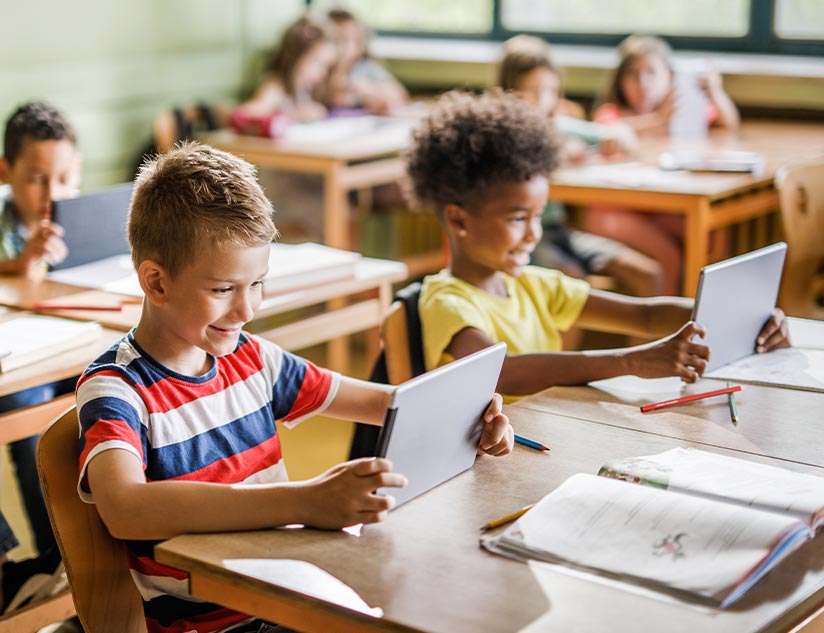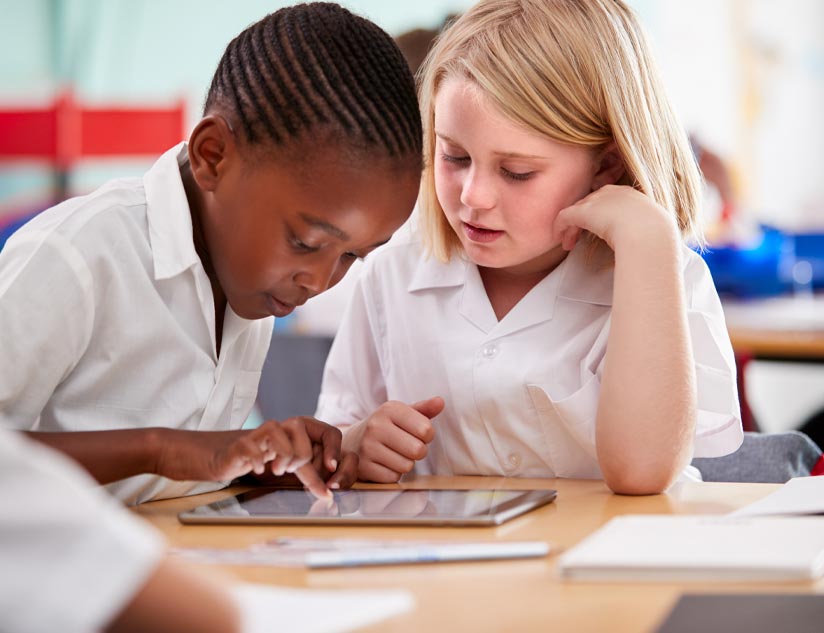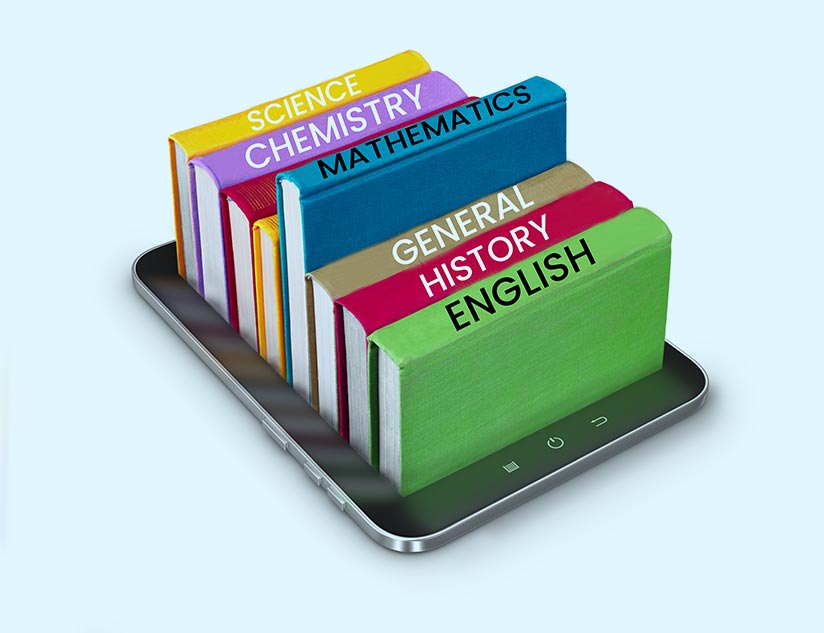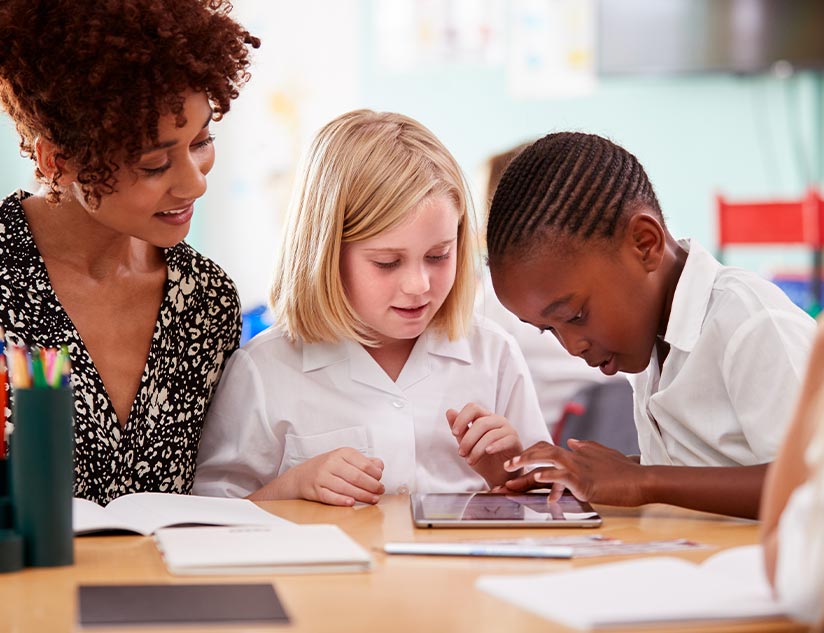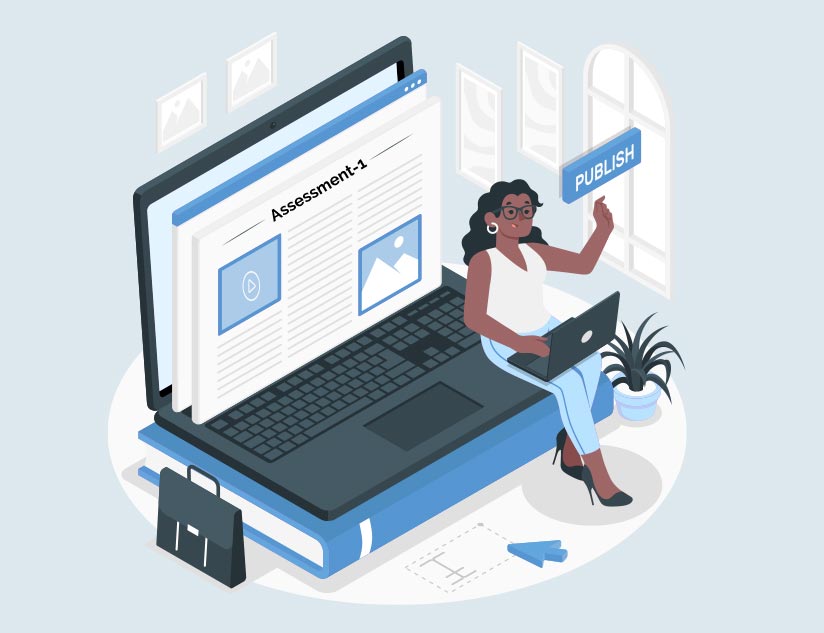Transforming Reading to Learning with a Publishing Platform
May 23rd, 2019
Since times immemorial, reading has been a prime source of knowledge as well as entertainment for humankind. It still is, although the delivery channels are fast evolving. Technology and digitization are changing the face of education across the world. With the wealth of knowledge available online today, the demand for new interactive online content is increasing. Paper books are fast being replaced by e-books, accessible on laptops, tablets, and mobile phones.
The e-learning market worldwide is poised to cross the $243 billion mark by 2022, while the self-paced e-learning product market is forecasted to reach $33.5 billion by 2021.
Does online reading cause distraction?
There are many detractors who maintain that reading and literature are in danger of being “swept away” by technology. Some parents worry about online reading as additional screen time. On the contrary, technological advancements have not only enhanced teaching and learning, but they have also made learning more accessible. Classes no longer need to be strictly designed for lectures, requiring the physical presence of students. From engaging devices to interactive digital textbooks, teachers have a lot of tools at their disposal.
New generation of readers do love the more immersive and engaging content that is offered online. Is it distracting? People can be distracted while reading a print book as well. Focus is not linked to the medium, it is a matter of choice and practice.
What is required is to reach the audience on a medium that they like and are used to.
Blurring the line between content and technology
Advancements in digital content delivery channels have led to a blurring of lines between reading and learning. Current e-books and online learning management systems (LMS) are making the entire process immersive and experiential. Just a few taps on an e-book and we can annotate, highlight, find meaning, bookmark and research phrases, without the need for a pen or paper. eBooks are becoming very interactive with embedded videos, assessments, and activities. Some platforms allow students to convey opinions and even discuss and argue with the authors. Learning experience platforms like MagicBox support simply asking the teacher a question, without leaving the platform or even the book.
Along with students, instructors have also been able to benefit from dynamic classroom experiences. They have been trying to achieve such dynamism for decades, and finally, have the resources that can empower them. Research shows that 95% of Gen Z have smartphones today, while 25% of them had one before the age of 10. By incorporating digital quizzes, videos, gamification elements, and simulation into the course content, teachers have been able to leverage the digital habits of today’s generation, making the most of their affinity to mobile screens.
AI is changing content delivery and learning
Adaptive content delivery allows students to access only the material that is relevant to them. Publishing and learning experience platforms can enable this while ensuring age-appropriateness of content. Add to this AI and machine learning, and one can achieve the delivery of customized and fully personalized content for students. This helps students learn on their own terms and participate in assessment quizzes to measure their learning.
Machine learning algorithms can also help educators accomplish tasks like grading standardized tests, taking attendance calls, highlighting students who need help, while ensuring focus on one-on-one interactions with students. The bottom line is that all this brings a high level of engagement for the learner, who feels completely in control of their learning.
Content publishing platforms are making learning attractive
Considering that 85% of the jobs that will exist in 2030 haven’t even been invented yet, we are looking at a globalized workforce and need for lifelong training and re-training. Education and higher education need to empower students with not only skills that make them employable, but also adaptive, when needed. In higher education, technical skills will need to be balanced with critical thinking and communication skills.
This is where semantic search technology on learning experience platforms is helping. Digital learning platforms include information banks that can store networked blocks of information, which can be easily searched by readers, based on topics. AI is of great help here, indexing related topics and keywords, and making content easily discoverable. A student can continue to read through a topic of interest, with the AI assistant suggesting relevant content that can further the user’s knowledge base.
The future of learning is changing. Online publishing platforms have made it easy for students and educators around the globe to collaborate and learn from each other. It has paved the way for multi-cultural online classrooms. The process of creating, distributing and modifying content, while being able to track each individual student’s progress, has simplified the delivery of educational content. And, with the potential for multimedia and multi-sensory engagement, students don’t even realize they are learning while reading.





